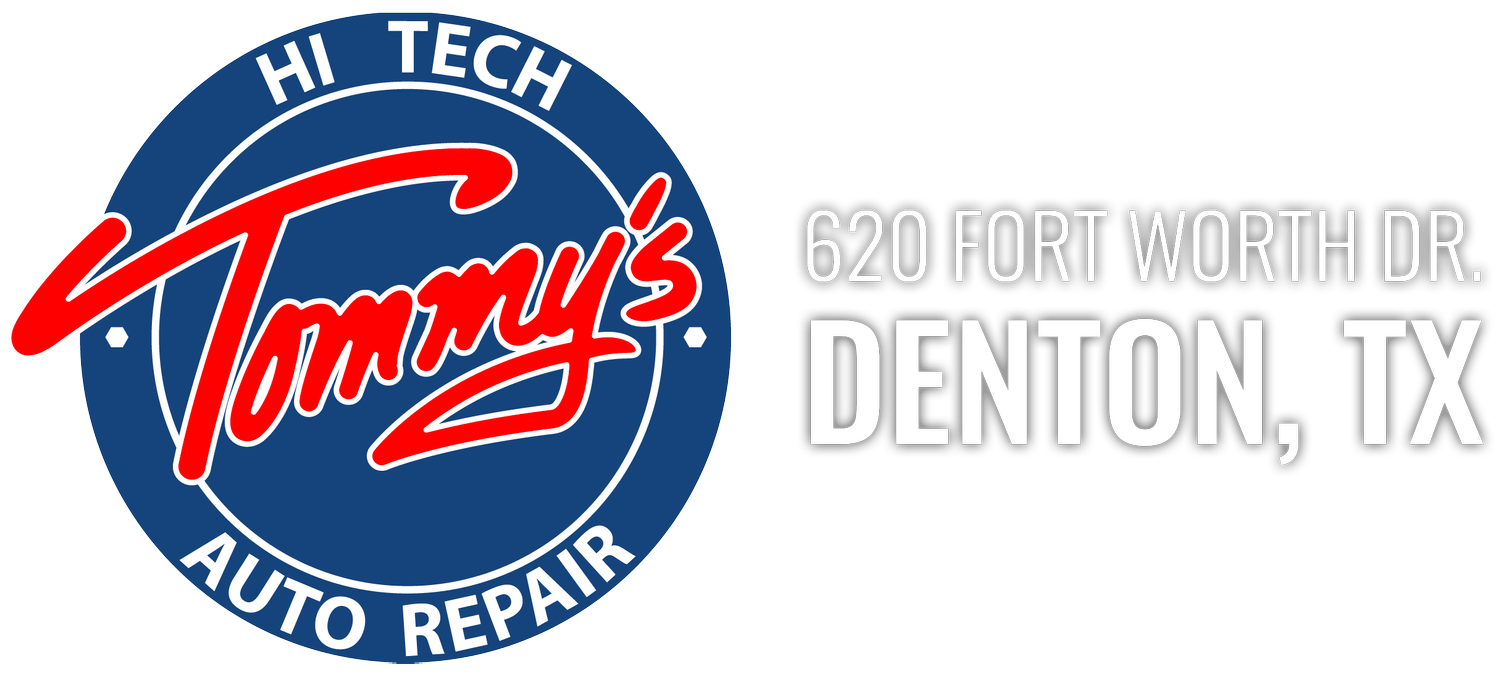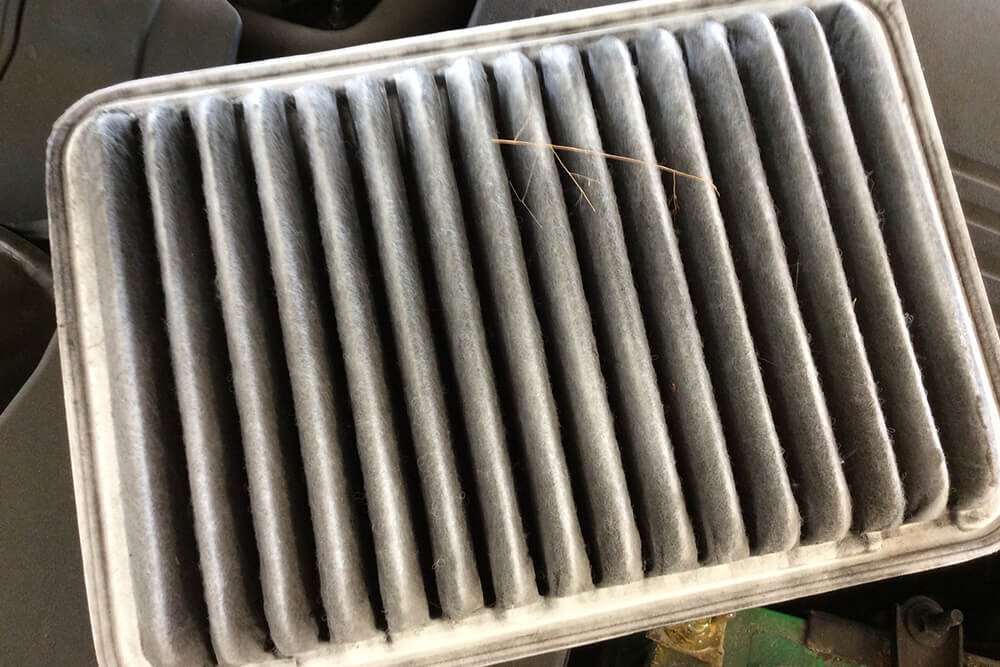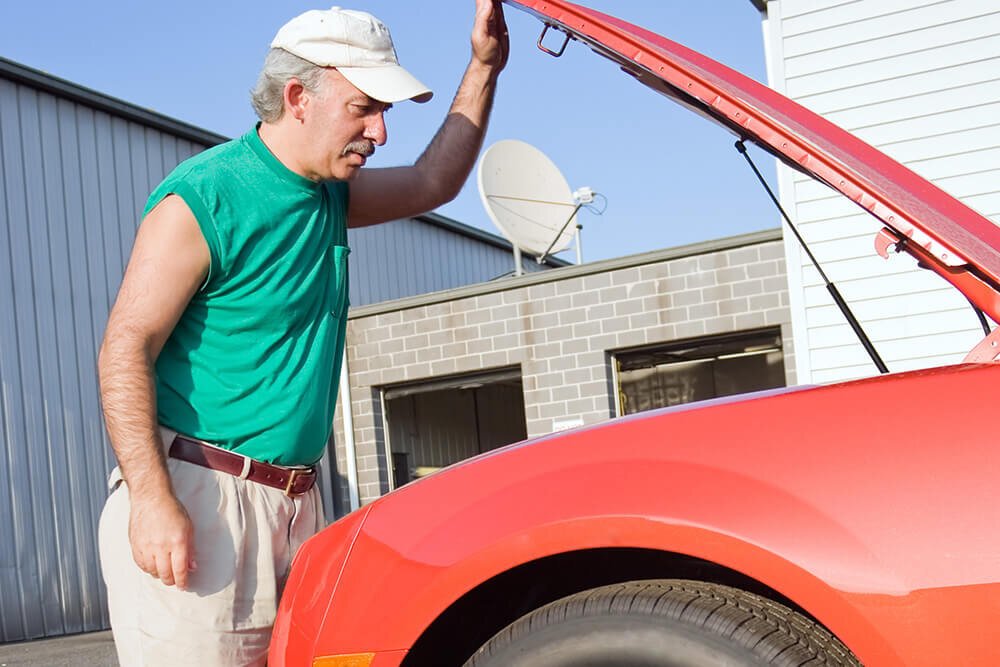When Should I Replace My Air Filter?
The air filter is a vital part of the vehicle’s overall health, as well as the performance of the engine. While a regular maintenance routine should catch air filter problems before you start to notice them, it’s important to understand what the air filter does, why it’s important and the signs that it’s time to replace it.
The Air Filter
All of the air that enters your vehicle’s engine passes through the air filter. The filter removes debris, sand and grime as it passes through to protect the engine and ensure longevity. The air filter is placed inside of the air filter box inside of the car, and it’s composed of paper-like material that is pleated. When it’s working, the air will flow from the bottom up, so most of the dirt and larger objects will sit at the bottom of the air filter box. Over time, the air filter will clog up.
When the air filter starts to clog, it restricts proper air flow to the engine. When the engine can’t get adequate air, it leads to strain and the engine working harder than it needs to. In some cases, the engine can actually suck dirt through the filter and scratch the cylinder walls and pistons due to overwork. Studies by the US Department of Energy found that a clogged air filter won’t drastically change fuel economy, but it can negatively affect acceleration by 6-11%.
How Often Does an Air Filter Need to Be Replaced?
In general, most engine air filters should be replaced every 15,000-30,000 miles, depending on where you drive, If you drive in dirtier areas, like on unpaved roads, you will need to change the filter more frequently. If you drive your car infrequently, you could wait as long as 3 years to replace the filter again. If you aren’t sure what would be most appropriate for your vehicle, you can always check the owner’s manual to see the maintenance schedule recommended for your specific vehicle.
What Are the Signs an Air Filter Needs to Be Replaced?
Decreasing Gas Mileage: Even a slight decrease in your gas mileage could indicate a problem with your vehicle’s air filter. In many cases with dirty and clogged filters, the driver doesn’t notice immediately, but will eventually start to piece together that they are needing to get more gas more frequently without a significant change in their driving habits.
Ignition Trouble: If the engine filter is filthy, air can’t enter the engine, which impacts the entire emission control system. As a result, the spark plugs can be covered in grime and not spark properly. As a result, you might not be able to reliably turn on your car! If your car is slowly rolling over when you try to start, a dirty filter might be the culprit.
You’re Due: Whenever replacement time rolls around according to your vehicle’s maintenance schedule, it’s always best to heed the advice and replace. Some people try to stretch out the lifespan of their air filter, but this often leads to damage in the long run that is much more expensive to repair.
Take a Look: Brand new air filters are typically ivory or white in color. Take a glance at your filter and see if it’s dirty or clogged. While your filter might need a change without visible debris, if you can spot dirt all over the filter there’s a good chance it’s in dire need of change.
Tommy’s Hi Tech Auto Repair Can Care for Your Air Filter
Tommy’s Hi Tech Auto Repair has been keeping drivers in the Denton, Texas area on the road since 1991. When you need great auto care backed up by excellent customer service, you can trust Tommy’s. To schedule an appointment or get in touch, give us a call at 940-387-0070 or email us at service@tommyht.com.



